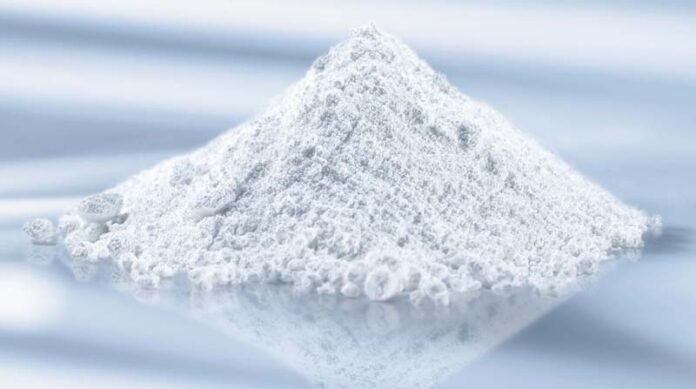Calcium carbonate is a versatile mineral compound found abundantly in the Earth’s crust. Here’s a simplified overview of its formation, properties, and various uses.
Formation of Calcium Carbonate
Calcium carbonate forms naturally in the environment through several processes. It commonly precipitates from water where calcium ions and carbonate ions, often from dissolved limestone, combine under favorable conditions. Over millions of years, these deposits can accumulate into substantial limestone formations.
Properties of Calcium Carbonate
Chemical Composition: Calcium carbonate is composed of calcium ions (Ca²⁺) and carbonate ions (CO₃²⁻).
Physical Characteristics: It exists in various forms including chalk, limestone, and marble, differing in purity and crystalline structure.
Solubility: Calcium carbonate is sparingly soluble in water, which influences its environmental interactions and biological availability.
Uses of Calcium Carbonate
1. Industrial Applications
In industry, calcium carbonate powder serves as a crucial component in many processes. It is extensively used as a filler in plastics and paints due to its ability to enhance durability and opacity. The activated calcium carbonate variant finds application in industries where high purity and controlled particle sizes are critical, such as pharmaceuticals and cosmetics.
2. Agriculture
In agriculture, calcium carbonate is employed as a soil conditioner and pH stabilizer. It can neutralize acidic soils, providing essential calcium to plants for healthy growth.
3. Construction
The construction sector utilizes calcium carbonate in various forms. It is a principal ingredient in cement, contributing to its strength and durability. In architecture, calcium carbonate is present in the form of marble, widely used for its aesthetic appeal and longevity.
4. Environmental Uses
Calcium carbonate plays a significant role in environmental remediation. It is used in flue gas desulfurization to remove sulfur dioxide from emissions, thus reducing air pollution.
5. Dietary Supplement
In the health sector, calcium carbonate is a common dietary supplement due to its high calcium content. It is used to prevent or treat calcium deficiency and related conditions such as osteoporosis.
Conclusion
Calcium carbonate, from its natural formation to its diverse applications, showcases its importance across various industries and everyday products. Whether as calcium carbonate powder for industrial needs or activated calcium carbonate for specialized applications, its versatility and essential properties continue to make it a cornerstone of modern manufacturing and environmental management.
Understanding the role of calcium carbonate in these contexts highlights its value in enhancing product performance, supporting agriculture, and contributing to environmental sustainability. As industries evolve, so does the demand for this fundamental mineral compound, ensuring its continued relevance in global markets.


